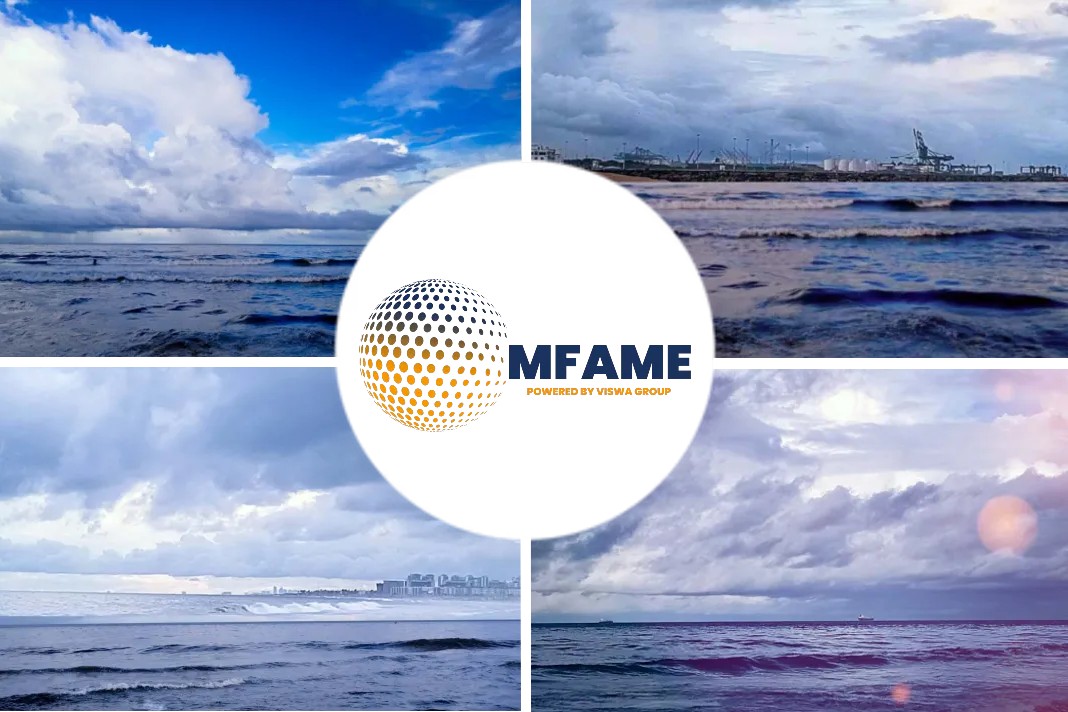In the past, crude oil and oil products in cargo tankers were separated from seawater only by a bottom and a side plate that is known as single hulling of ships. This design of ships was not safe for transporting black gold and led shipping and oil & gas industry to disastrous incidents. An effective way to avoid the risk of spilling is to enfold the oil tankers with a second internal plate which is at nearly 1.5 – 2 meters distance from the outer plate. Due to Exxon Valdez disaster in the U.S., oil pollution act of 1990 was passed to reduce the oil spill accidents and reduce the impact of potential future spills. According to this act, the tankers operating in the U.S. water must follow the double hulling in vessel construction design and all single hulling, double sides and double bottom hulling designed ships should be discarded. After the Erika oil spill off, the coast of France, international convention for prevention of pollution from maritime transportation, the International Maritime Organization (IMO) also followed the same double hulled ship design.
Double hulling of ships is regarded as the solutions for the problems of transportation of oil without pollution and potential accidents at sea. Double hulled vessels provide more safety than single hulled vessels at sea, provided maintained and operated adequately.
Double hulling of ships market can be segmented on the basis of types of the tankers carrying crude oil and refined product. These tankers range from coastal tankers to mammoth tankers as ultra large crude carrier (ULCC), very large crude carriers (VLCC), long range crude vessels, Afra-max and Pana-max crude and product vessel. ULCC ranges from 320 – 550 thousands dead-weight (DWT), VLCC ranges from 160 – 320 thousands DWT, and others ranges from less than 160 thousands DWT. Single hulled ships can be converted into double hulled ships with some change in design. This is a complex process, however due to increasing governmental and maritime regulations many shipping companies have adopted this conversion.
Double hulling of ships was accepted by all the continents after some major oil spill incidents occurred that took many life and huge investment in corrective measures. The U.S. is one of the major exporters of crude products to many countries in Europe and Asia Pacific. This import-export of crude oil and refined product is only possible by tankers to countries in Asia Pacific region as pipeline transportation is not feasible and this is the longest route globally. Therefore, ships with appropriate construction designs are required for the safe and pollution free transportation. China and Japan are the largest manufacturer of the ships with double hulling design globally.
Increasing governmental regulations of maritime transportation is the main driving factor for double hulling of ships market. The need of improvements in ship designs for safer transportation of high value products at sea can augment the growth of this market in the forecast period. Increasing pipeline network can pose as a restraint for this market for shorter routes such as transportation from Middle East to India, the U.S. to European countries and others. However, there is no other substitute for ships in longer routes, therefore double hulling of ships market is expected to grow in future with the modest rate.
Some of the major players in double hulling of ships market are Mitsubishi Heavy Industries Ltd., Samsung Heavy Industries Co., Ltd., Hyundai Heavy Industries Co., Ltd., Imabari Shipbuilding Co., Ltd and Shanghai Waigaoqiao International Trade Co., Ltd.
Did you subscribe for our daily newsletter?
It’s Free! Click here to Subscribe!
Source: Transparency Market Research

















